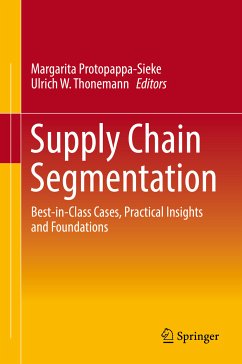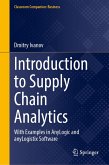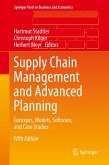This book addresses the challenges companies face when different customer value propositions require them to pursue a differentiated supply chain strategy. It provides practical insights on how to achieve successful supply chain segmentation and presents the benefits this can yield for companies on the basis of best-in-class industry case studies from Gardena, Philips Luminaire, Siemens Healthcare and Volvo Construction Equipment. Drawing on these examples, it provides recommendations and solutions on how to define supply chain segmentation, and how to set up and implement a transformation program. Furthermore, it presents an in-depth discussion of the current theoretical background of supply chain segmentation and introduces the current trends and available frameworks.
Offering readers specific, pragmatic guidance on the main challenges and opportunities and proposing ways to effectively measure efficiency and performance, the book concludes with the do's, don'ts and most important aspects to keep in mind when considering an end-to-end segmentation.
Dieser Download kann aus rechtlichen Gründen nur mit Rechnungsadresse in A, B, BG, CY, CZ, D, DK, EW, E, FIN, F, GR, HR, H, IRL, I, LT, L, LR, M, NL, PL, P, R, S, SLO, SK ausgeliefert werden.









